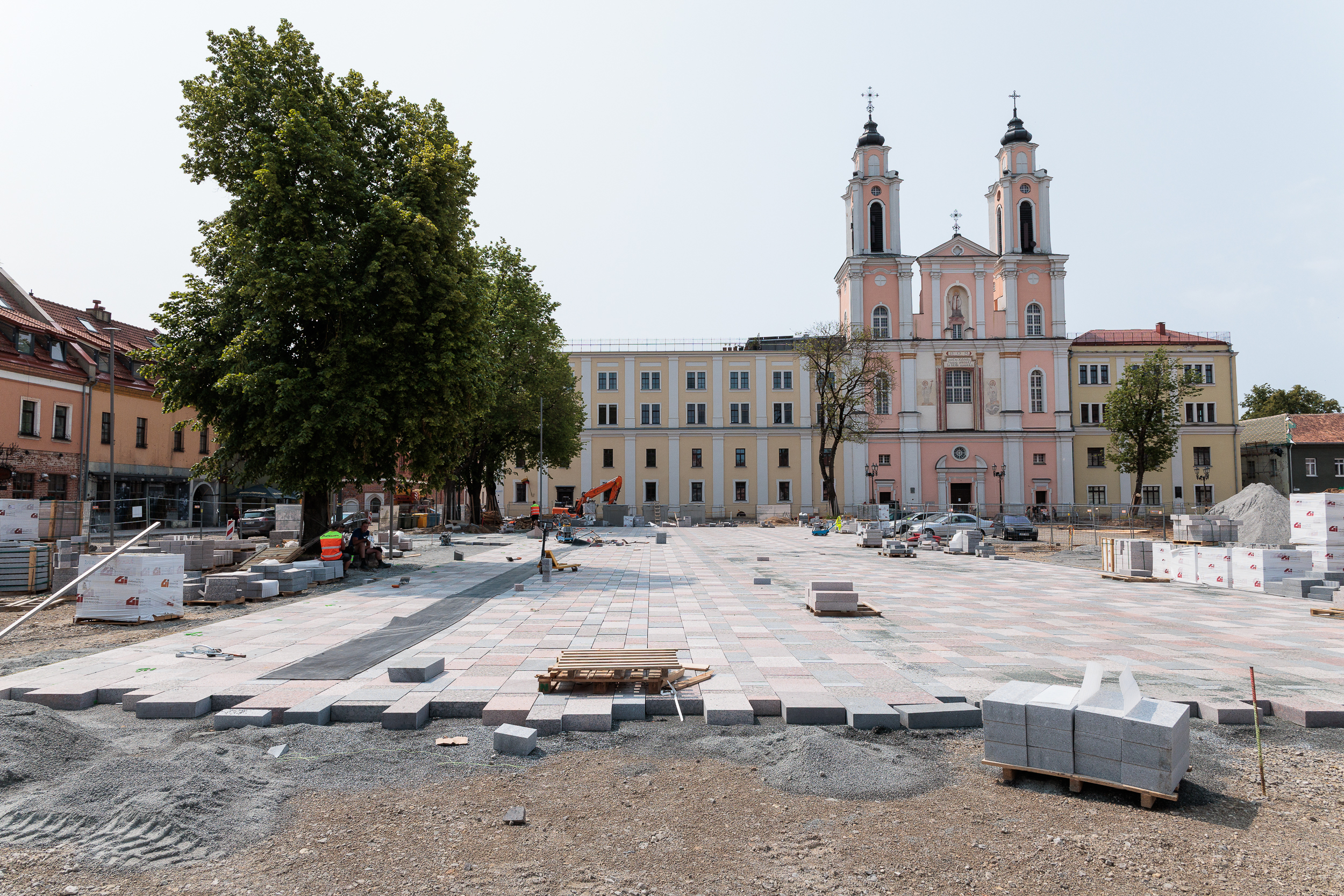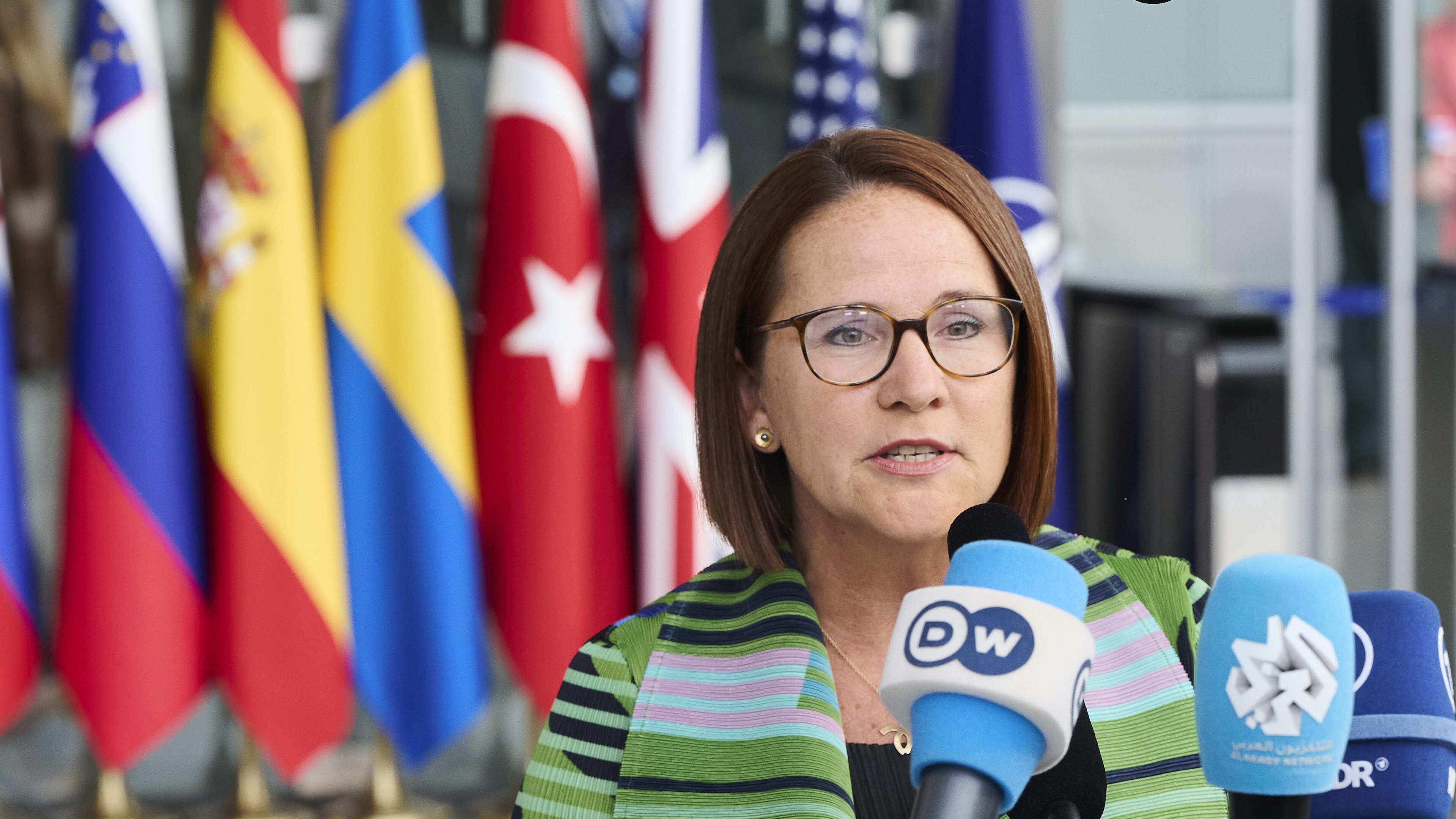Internet should run faster in all households

Internet
From Mega on Giga: Internet should run faster in all households
The Federal Council also wants to supply households in the country with very fast internet. The Federal Council pursues this goal with its gigabit strategy. However, the expansion of fiber optic and radio infrastructure is not free, but the government proposes a limited funding program. Cost: The state pays up to CHF 730 million.
The country should not be left away from the city and the agglomerations. The Federal Council therefore wants to give all households a quick Internet access.
Specifically, the Federal Council has the goal that the population can also use a very fast internet with 1 gigabit per second in the Alpine Chalet or on the remote farm. For comparison: On average, the Internet in Swiss households is more than ten times slower today – at 80 megabits per second. Almost all apartments and houses are now to be connected to the fiber optic network.
Glass fiber networks enable very fast data transmission.
And that costs. Federal Councilor Albert Rösti wants to spend up to CHF 365 million in seven years through a funding program. The money is to come from the fee pot of the mobile phone concessions. Furthermore, the affected cantons would have to raise another CHF 365 million for the expansion. In total, the state pays up to CHF 730 million.
According to the first plans, the funding only exists if a profitable expansion is not possible. This means that if the costs for the mobile operators are too high. However, the Bernese infrastructure minister is very important to drive the expansion in remote and structurally weak areas.

Federal Councilor Albert Rösti wants all Swiss internet to have fast internet.
Rösti says in front of the media on Friday: «Our basic care is excellent in international comparison. When expanding the fiber fiber, on the other hand, we are in the rear midfield, especially in the rural area. » Especially when the copper network is now being taken out of operation, there is a risk of being left behind for the rural population. « That would open up a trench between the city and the country. »
100,000 households remain without fiber optic
However, it is illusory that every household can be connected to the fiber optic network. A good 650,000 houses and apartments would benefit from the funding program in around 700 municipalities, as the Federal Council estimates. However, 3 percent of households remain without glass fiber, just strongly remote courtyards. Rösti says that the effort to pull a line everywhere is simply too high. « The curve for the costs per household increases very steeply. » The connection of the last 3 percent would have doubled the federal expenditure.
However, nobody has to go away empty -handed: where the development with fiber optics becomes unreasonable, people should receive good internet connections by radio – provided that the construction of new antennas does not trigger protests.






/s3/static.nrc.nl/images/gn4/stripped/data133212332-41b949.jpg)